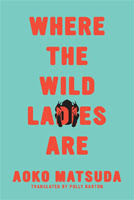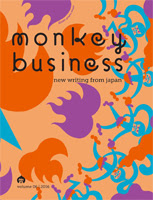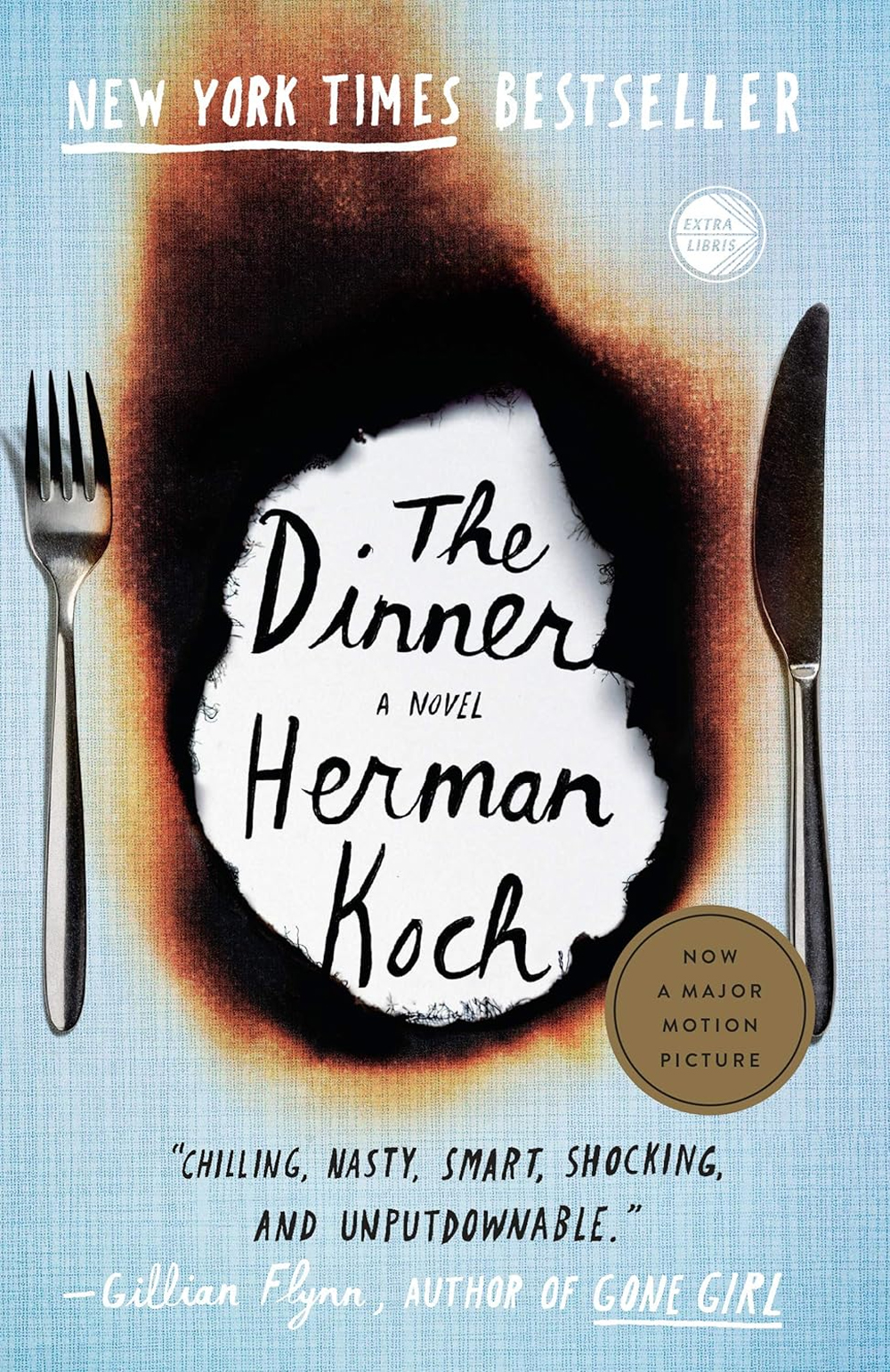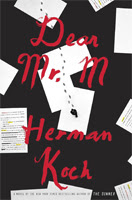
Cat’s Cradle is a novel by Kurt Vonnegut that was published in 1963. The story is a wild, satirical tale told by a narrator named John, who wants the reader to call him Jonah. Told in flashback, John is working on a book, called The Day the World Ended, about what people were doing on the day the US dropped the atomic bomb on Hiroshima.
John is particularly interested in the late Felix Hoenikker, a creator of the atomic bomb, and he plans to interview Hoenikker’s children and coworkers. Along the way, he learns that Felix Hoenikker invented a substance called ice-nine, which acts as a seed crystal to make water freeze at room temperature.
Later on, another writing assignment brings John to San Lorenzo, a fictional island in the Caribbean. Hoenikker’s three children, Frank, Angela, and Newt, are all there too. During his journey to San Lorenzo, John learns about Bokononism, a humorous religion based on lies. When he reaches the island, he meets the beautiful Mona and the island's dying dictator. So much happens that it's hard to even summarize.
One of my favorite parts was the vocabulary from the The Books of Bokonon. The term karnass refers to a team of seemingly random people that carries out God's will. They're the people that each life is tangled together with for no logical reason. In contrast, a granfalloon is a false karnass, or a meaningless grouping of people, for instance, "any nation, anytime, anywhere."
Cat’s Cradle has short chapters, each serving a purpose of making a commentary. The book is dark, cynical, and absurd, with commentary on science, religion, government, business, and the (lack of) meaning of life.
Purchase and read books by Kurt Vonnegut:


© penciledpage.com











Search This Website